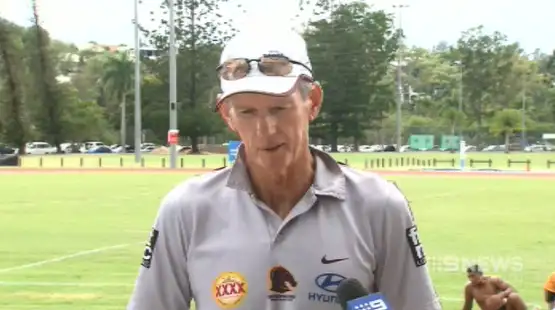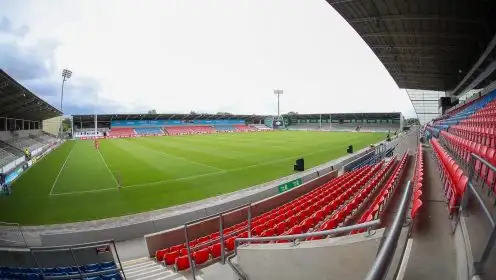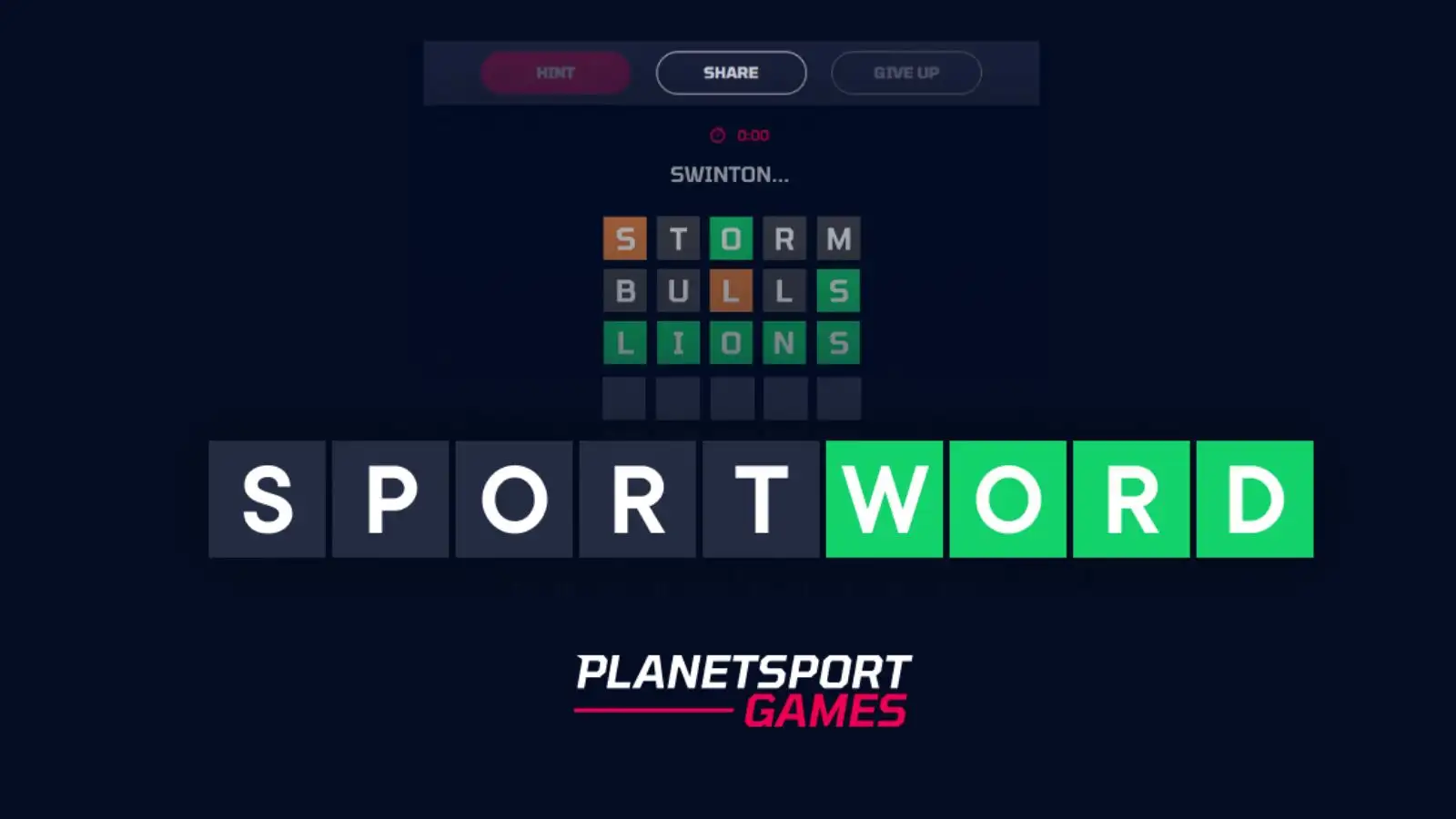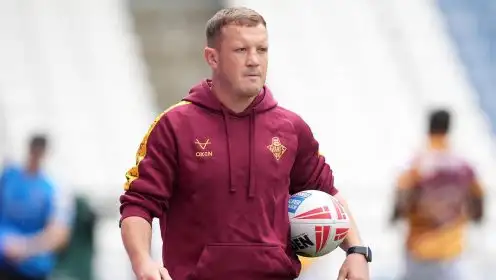The view from the front office: Welcome Wayne

There has been plenty written about Wayne Bennett being appointed by the RFL as England Coach, so I won’t add too much, other than to say it’s a brilliant appointment and exactly the type of aggressive and ambitious appointment Nigel Wood and the RFL should be making.
I admire Wayne Bennett hugely, as a Rugby League Coach and as a person. What Wayne Bennett achieved by maintaining excellence in culture and performance over such a long tenure at Brisbane and Queensland places him alongside Sir Alex Ferguson, and underrated Australian sports coach Rick Charlesworth as the greatest we’ve seen.
That Wayne, like Rick, demonstrated that success at clubs after he left Brisbane only further demonstrates why he is the right man for the job for England. Those in UK Rugby League critical of Wayne’s appointment need to look a bit deeper in my opinion. I am a huge advocate of strengthening the game in the UK and developing local players AND coaches, but it’s shallow and short-sighted to use Waynes appointment as an example of undermining the development of those local talents we know exist.
My advice to the RFL is to make full use of Wayne Bennett during his time as England coach for the overall betterment of the game here. Formulate a “coach the coaches” program that allows Wayne to directly set coaching and skills standards on a game-wide basis down to grass roots, all learning the core skills and tactical methods that Wayne wants from the national side. The coaches can also learn the art of talent identification from Wayne. Combine this with a game wide strength and conditioning benchmark system based on Bennett’s outline and advice and UK Rugby League will be a force on many levels.
This leads me to my next point around player development. I don’t see UK Rugby League reaching its potential domestically or internationally until the majority of spine players – fullback, hooker, half, 5/8 – are British. It’s terribly important in terms of depth and competition for places, but also from a commercial point of view. The “star” positions filled by home-grown athletes makes for a better competition with larger gates, local business support and media interest.
I watched the opening fixture between Leeds and Warrington and Chris Sandow and Kurt Gidley were absolute class and a joy to watch. Whilst there is always going to be a need for these type of imports in the short to mid-term, I know we can see performances like Friday night’s from local lads in coming years.
I firmly believe a drastic change could have a great effect on the game in the UK in this regard. A strictly imposed quota system that over time limits clubs using imports in these positions would mandate that clubs develop and allow time for young stars in these key roles. The depth provided would see a genuine “origin” series become feasible again and international success.
The best time to get this going is whilst Wayne Bennet is the national coach.
My recent column about a number of Super League clubs raising concerns at HQ about the governance and management of other Super league clubs drew plenty of interesting feedback from supporters and interestingly many players. One of the questions put to me was, is private ownership the best model for a Super league club?
The answer is yes and no. If a club is blessed with an owner who is genuinely passionate about the club, its governance and its stability and growth. If the owner continues to underwrite the clubs debt and adds investment to the club when needed thus creating security for the future, then private ownership is excellent for the club and game and should be welcome and assisted wherever possible.
But if a situation arises where an owner is not in a position to invest capital into the club to improve it, and not in a position or chooses not to) to underwrite and secure the clubs solvency with their own security, then we must ask what the point is of them owning the club?
Football in this country is enjoying a trend of formally embattled clubs taking back control from private ownership, often to save the club from extinction. Supporters trusts have changed so much from the early days and they now provide supporters with a structured and sustainable model that is well governed and sincere.
The great thing about it is that every penny the governing body grants the club will be spent on Rugby League at that club. At present the hard earned TV monies are essentially placed into private owners hands, and if those owners are chasing debt or trying to claw back some of their investment, it can be lost to the game straight away. Certainly a bad result for the game and the clubs supporters involved.
Speaking with the brilliant organisation Supporters Direct who are doing great things for supporters trusts all over the UK, we agree that it’s best to be proactive with these things rather than attempt to set up a structure and lifeline for your club if the worst happens and the banks foreclose on your owner. Strong supporter trusts are an asset to the game and will provide the RFL with a strong and formal platform to liaise and engage with supporters on an official level. Rather than sit back and wait for your club to deliver what you want, I strongly encourage supporters to be proactive and look into formal supporters trusts so that the club you love truly is yours forever.
Damian Irvine is the former chairman of NRL club Cronulla Sharks and achieved the ‘impossible’ by saving them financially and leaving the club as one fo Sydney’s richest. Now in Football, the Australian was named Best Marketer in UK Football in 2014 while at Notts Counry and is the UK’s leading rugby league consultant to chairman, commercial managers and CEOs. Irvine currently works as the Head of Commercial Activities at Wycombe Wanderers and can be found on Twitter at @damianirvine



